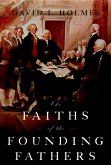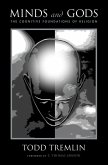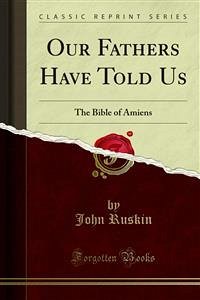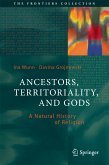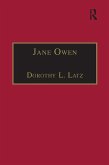Gabriel offers a startling new look at Judaism and Christianity by attempting to trace their historical theological roots, not to the revelations of God, but to the common theological ancestor, the religions of ancient Egypt. Using new material only recently made available by archaeology, Gabriel shows how the theological premises of Christianity were in existence three thousand years before Christ and how the heresy of Akhenaten became the source for Moses' Judaism. Gabriel begins with the challenge that the dawn of man's ethical conscience began in Egypt by 3400 BCE, long before the age of revelation in the West. Over the course of 3000 years, Egyptian theologians developed a complete theology of trinitarian monotheism, immortality of the soul, resurrection, and a post-mortem judgment within the Osiris myth. These concepts existed nowhere else in the ancient world and were passed directly to Christianity. In 1200 BCE, the heretic pharaoh Akhenaten abandoned Egyptian tradition and invented his own theology of a single god, no immortal soul, no resurrection, and no post-mortem judgment. This tradition was passed to the West through Moses whose Judaic theology is identical to Akhenaten's.
Bitte wählen Sie Ihr Anliegen aus.
Rechnungen
Retourenschein anfordern
Bestellstatus
Storno




